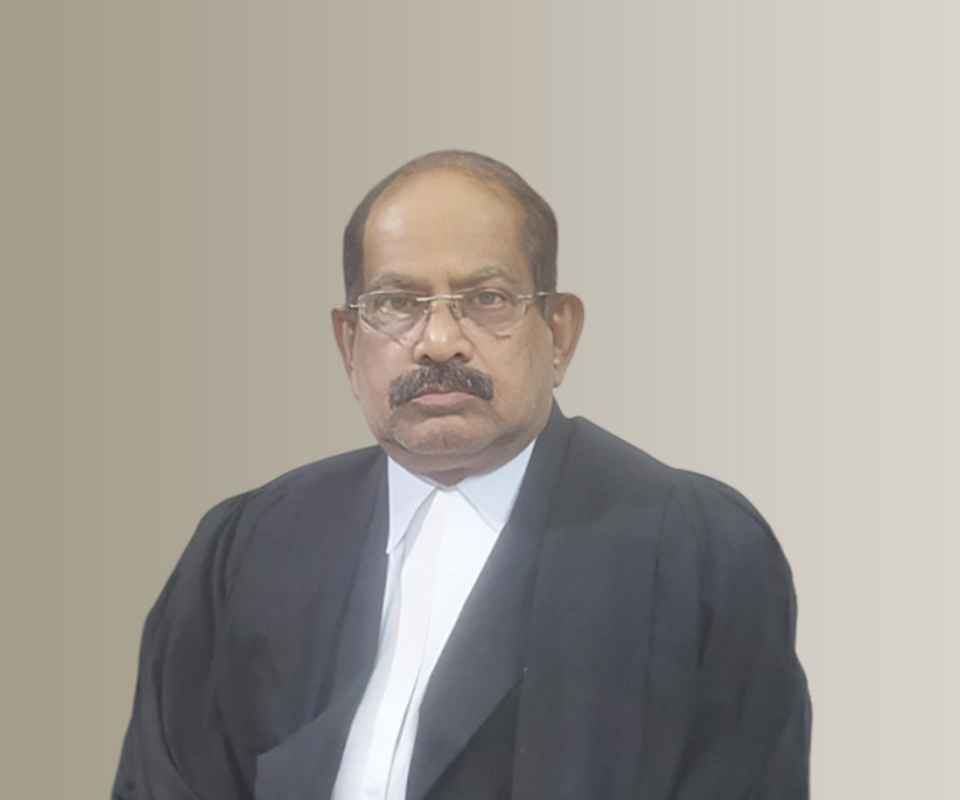Answer By law4u team
The Indian Evidence Act 1872 plays a significant role in trade secret cases by governing how evidence is handled, presented, and interpreted in court. While the Act does not specifically address trade secrets, its provisions on confidentiality, admissibility of documents, and burden of proof are critical in legal disputes involving trade secrets. Understanding its application is crucial for businesses and individuals involved in protecting or litigating trade secrets in India.
Key Provisions Under the Indian Evidence Act Relevant to Trade Secrets:
Section 3 - Interpretation Clause:
The Act defines evidence broadly, which includes documents, oral testimony, and other forms of evidence. This allows trade secrets to be presented as evidence in cases involving misappropriation or breach of confidentiality.
Section 65 - Secondary Evidence:
This section allows for the admissibility of secondary evidence, such as photocopies or digital versions of documents, when the original trade secret or document is not available. However, the court may require proof of the authenticity of the document or trade secret to ensure its credibility.
Section 123 - Professional Communications:
This section deals with the protection of communications between a client and legal professionals, providing an important safeguard in cases involving trade secrets. It prevents the forced disclosure of confidential communications between an attorney and their client, which could include trade secrets.
Section 162 - Statements Made to Police:
This section restricts the use of statements made to the police, but in cases involving trade secrets, statements related to confidential information could be used as evidence if admissible under other provisions of the Evidence Act.
Section 27 - Discovery of Facts:
If trade secrets are discovered through a confession or statement made by an accused person, Section 27 permits the court to admit such evidence, provided the information is relevant and admissible under the law.
Section 91 and 92 - Exclusion of Oral Evidence:
These sections focus on excluding oral evidence if it contradicts written documents. In the case of trade secrets, if a non-disclosure agreement (NDA) or other written contracts exist, the court would rely on these written documents to determine the ownership or violation of trade secrets.
Section 45 - Expert Testimony:
Trade secret cases often involve technical or specialized knowledge. Section 45 permits expert testimony, which can be vital in proving the existence, value, and misappropriation of trade secrets.
Section 114 - Presumptions:
This section allows the court to presume certain facts based on the evidence presented. In trade secret cases, the court may presume the confidentiality of certain information, especially if the business has taken reasonable steps to protect it.
Example:
Imagine a company in India that discovers an ex-employee has leaked a confidential formula, which is a trade secret, to a competitor.
In the trial, the company may present evidence such as non-disclosure agreements (NDAs) and documents proving the confidentiality of the formula under Section 91 of the Indian Evidence Act.
If the ex-employee made statements to the police or confided in a legal professional, those statements might be evaluated under Sections 162 or 123.
Expert testimony may be used to show the uniqueness and value of the formula, helping the court understand the significance of the trade secret.
Conclusion:
The Indian Evidence Act 1872 provides an essential framework for handling trade secret cases in Indian courts. Though not directly focused on trade secrets, its provisions on confidentiality, evidence handling, and expert testimony ensure that trade secrets can be protected and adjudicated appropriately in legal disputes. Understanding how these provisions apply is crucial for businesses seeking to protect their intellectual property.







